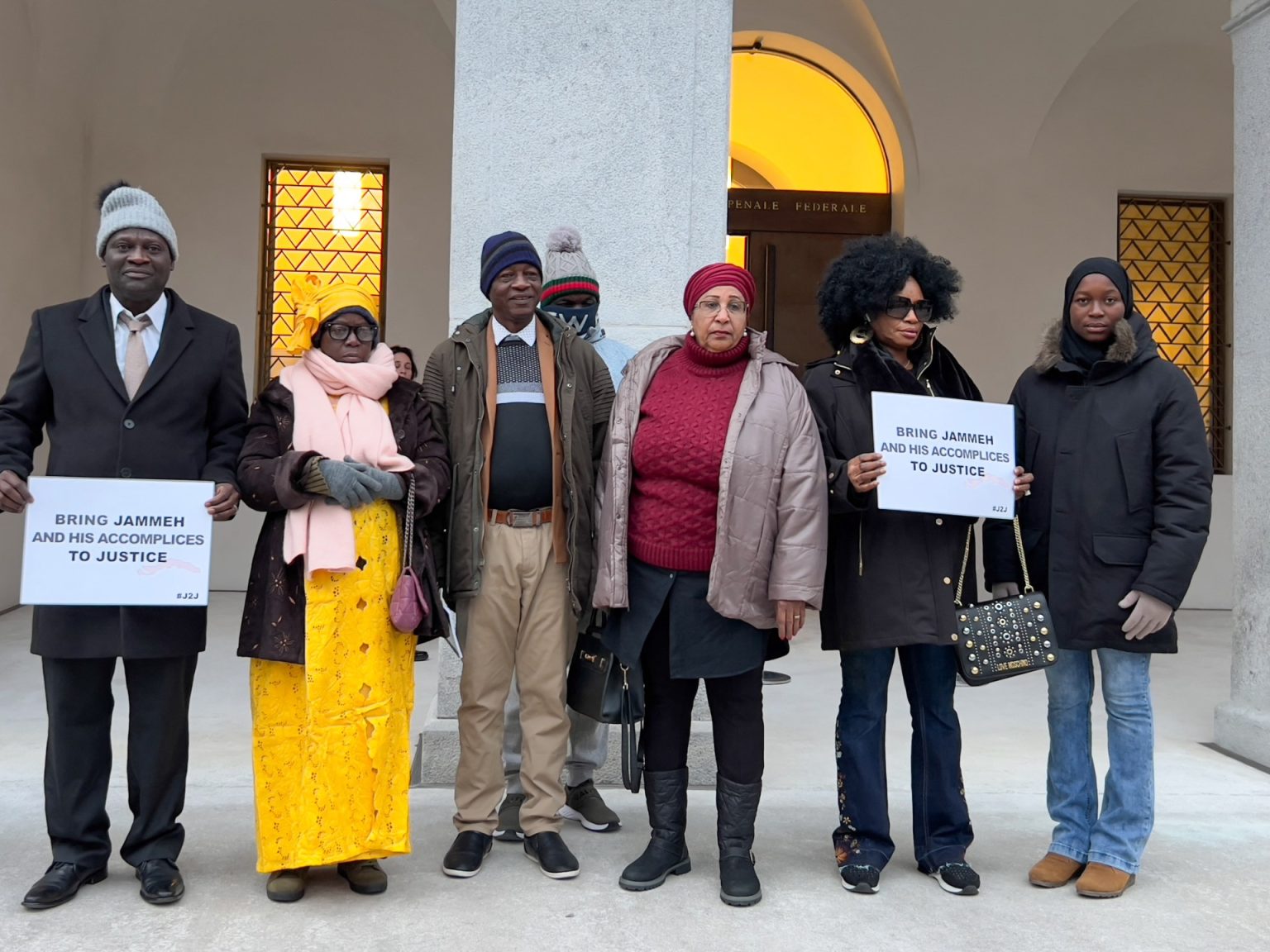Switzerland’s top criminal court has sentenced Ousman Sonko, a former interior minister of The Gambia, to 20 years in prison for crimes against humanity during former President Yahya Jammeh’s 22-year rule. The charges against Sonko, who served from 2006 to 2016, included intentional homicide, torture, and false imprisonment, covering crimes allegedly committed during Jammeh’s dictatorship. Swiss prosecutors accused Sonko of supporting and participating in attacks against opponents in The Gambia.
Sonko, who was acquitted of rape charges, applied for asylum in Switzerland in 2016 and was arrested shortly after. The trial began in January, and the 55-year-old has the option to appeal the verdict. Rights groups, including TRIAL International, welcomed the ruling under “universal jurisdiction”, allowing countries to prosecute serious crimes like crimes against humanity regardless of where they occurred. Philip Grant, executive director of TRIAL International, described the verdict as a “resounding message against impunity”.
American human rights lawyer Reed Brody, who attended the trial, highlighted that justice is catching up with Yahya Jammeh’s accomplices worldwide and expressed hopes that Jammeh himself will face accountability soon. Switzerland’s use of universal jurisdiction principles allows for the prosecution of alleged offenders of serious crimes on Swiss soil, regardless of their nationality. Sonko is only the second individual to be tried under this principle in Switzerland, with the first being Liberian strongman Alieu Kosiah, who received a 20-year sentence in 2021.
Jammeh’s regime in The Gambia was characterized by widespread human rights abuses, including arbitrary detention, sexual abuse, and extrajudicial killings. His rule was bolstered by allies in the government, such as The Junglers death squad, which targeted opponents at the president’s behest. Sonko, who joined the military in 1988, held key positions in Jammeh’s security apparatus, including commander of the State Guard and inspector general of the police. He was removed as interior minister just before Jammeh’s departure from power in 2016 following his refusal to accept election results.
Amnesty Switzerland lauded the court’s decision as a “milestone in the fight against impunity” and a significant success for universal jurisdiction in Switzerland and Europe. The verdict sends a strong message that even former ministers can be held accountable for their involvement in human rights violations. Jammeh currently resides in Equatorial Guinea after being forced to step down in 2017 by regional forces. The international community’s pursuit of justice for atrocities committed under his rule underscores the importance of holding perpetrators accountable for their actions.













